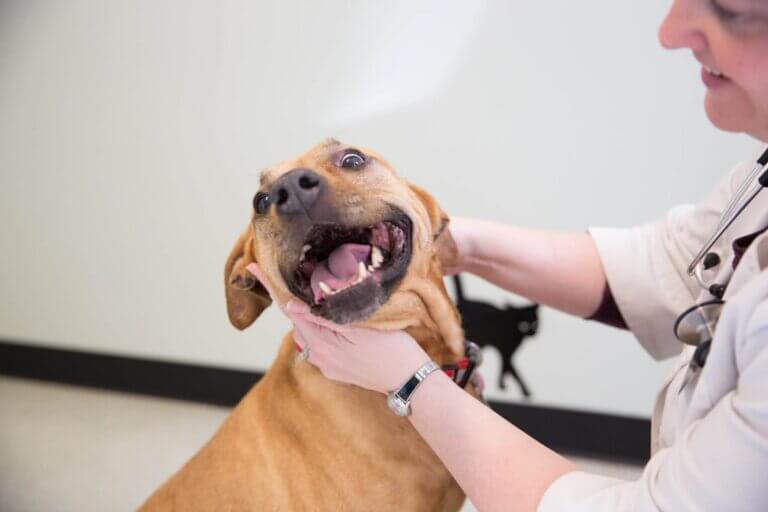Things like a persistent cough, wheezing, or a lack of energy could all be signs of canine respiratory illness, a condition that’s becoming more common in dogs of all breeds and ages. We’re here to share how you can spot the signs of this illness when to call your veterinarian, and how you can minimize your dog’s risk of getting diagnosed with canine respiratory illness.
How to Spot Canine Respiratory Illness
Be on the lookout for these clear signs of respiratory illness in your dog:
- Coughing: Persistent and dry or wet and rattling.
- Breathing Issues: Labored breathing or wheezing, even after minimal exercise or your normal short walk.
- Nasal Discharge: Any unusual discharge from the nose.
- Lethargy: Reduced energy levels and lack of interest in your daily walks or playtime.
- Appetite Loss: Loses interest in eating, turns down snacks and other treats.
How to Prevent Canine Respiratory Illness
Luckily, there are several things you can do to try to reduce your dog’s chance of developing canine respiratory illness. Here’s how you can make a difference:
- Avoid Crowded Play Areas: Opt for less crowded spots for playtime to reduce exposure to illnesses. Avoid crowded dog parks and kennels that could play host to germs.
- Hygiene Matters: A routine cleaning of your dog’s belongings, including bowls and toys, can ward off harmful germs.
- Up-to-Date Vaccinations: Regular veterinarian visits for vaccinations are a must.
- Regular Baths: Keeping your dog clean helps prevent various infections.
- Nutrition and Exercise: A healthy diet and adequate exercise keep your dog’s immune system strong.
Consulting with Your Veterinarian
Your veterinarian is your best resource for getting the information you need to know about canine respiratory illness. If you have any questions or would like to schedule an appointment for your dog, please don’t hesitate to contact our veterinary practice today.

